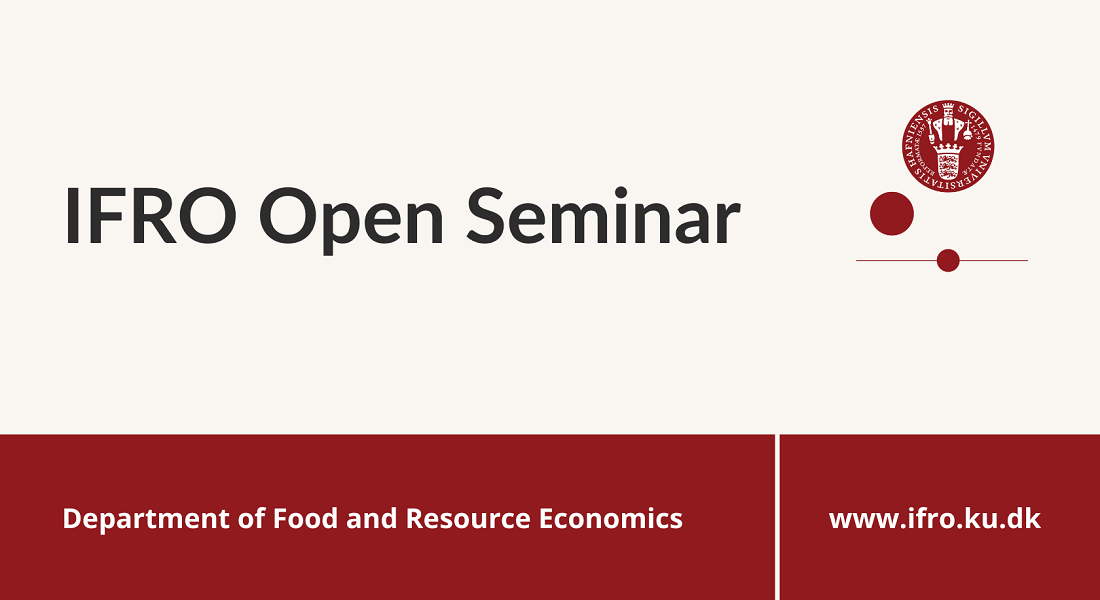
The more the better? Synergies of prosocial interventions and effects on behavioral spillovers

Seminar with Marius Alt from the European Commission.
Title: The more the better? Synergies of prosocial interventions and effects on behavioral spillovers
Abstract: Incentivizing pro-social behaviour has proven to be a sensitive endeavour. Although being urgently needed to halt a decreasing trend in the share of donors in the US and many other countries, monetary interventions entail negative side effects. They are prone to motivation crowding, which tends to impede their long-term effects and stimulate negative temporal spillovers to other related pro-social behaviour. In this study, we assess whether implementing monetary incentives in policy mixes can represent a remedy to these negative side effects. In particular, we are testing whether the salience of personal and social norms can counteract the motivational crowding effect and its implications on temporal spillovers. In an online experiment with over 4000 participants, we ask participants to perform two consecutive pro-social behaviors. To increase pro-social behavior in the first task, we jointly apply monetary incentives with either a personal or a social norm intervention in a policy mix. To measure spillover effects, we assess how the respective interventions affect the willingness to incline in a second pro-social behaviour. Through exogenous treatments, we contrast the policy mixes’ spillover effects to those of single application of the interventions and a baseline treatment. First results show that, indeed, a combination of monetary incentive with norm interventions lead to significant less negative spillover effect than monetary incentives in single intervention applications. However, this effect is only observed for the policy mix containing the personal norm intervention. In an extended analysis of the results, we show that this is likely to be driven by the personal norms’ stronger link to intrinsic motivation, whereas social norms are rather perceived as an extrinsic measure.
Events


